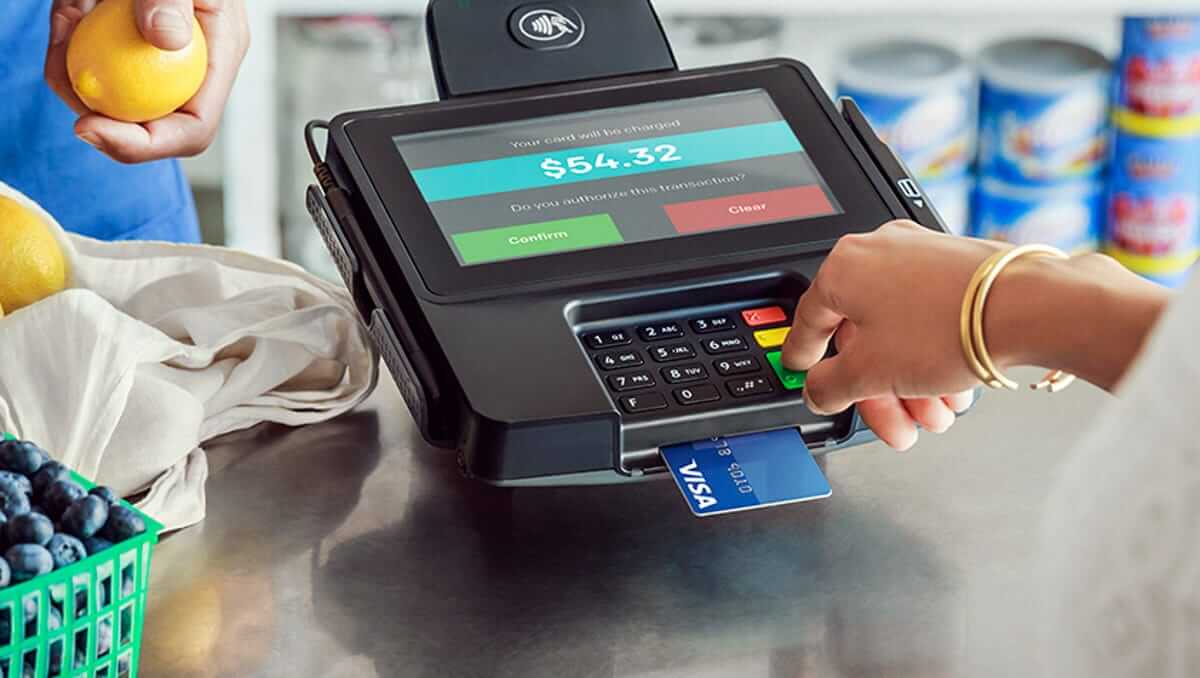The Full Meaning of POS in Nigeria: An In-depth Look at Point Of Sale Systems
The Full Meaning of POS in Nigeria: An In-Depth Look at Point of Sale Systems
For small businesses and startups in Nigeria, understanding the full meaning of POS (Point of Sale) systems is crucial for streamlining operations and boosting sales. POS systems are not just about processing payments; they offer a range of features that can significantly enhance your business efficiency and customer experience. This article delves into the benefits of POS systems for Nigerian businesses and how Wigmore Trading can help you generate more sales and get paid faster.
What is a POS System?
A POS system is a combination of hardware and software that allows businesses to process transactions, manage sales, and perform various business functions. In Nigeria, POS systems are becoming increasingly popular due to their ability to simplify transactions and improve business operations.
Benefits of POS Systems for Nigerian Businesses
1. Faster Transactions POS systems enable quick and efficient processing of sales transactions. Customers can pay using various methods, including debit cards, credit cards, and mobile payments, reducing wait times and improving the overall shopping experience.
2. Improved Sales Tracking A POS system automatically records sales data, providing real-time insights into your business performance. You can track which products are selling well, monitor inventory levels, and identify trends, helping you make informed business decisions.
3. Enhanced Inventory Management With a POS system, you can manage your inventory more effectively. It keeps track of stock levels, alerts you when items are running low, and helps prevent overstocking. This ensures that you always have the right products available for your customers.
4. Better Customer Management POS systems store customer information, allowing you to build a database of loyal customers. You can use this data to create targeted marketing campaigns, offer personalized discounts, and enhance customer retention.
5. Increased Accuracy Manual entry of sales and inventory data can lead to errors. POS systems automate these processes, reducing the risk of mistakes and ensuring accurate records.
6. Secure Payments POS systems offer secure payment processing, protecting both your business and your customers from fraud. They comply with industry standards for data security, giving your customers peace of mind when making payments.
How Wigmore Trading Can Help
At Wigmore Trading, we understand the challenges faced by small businesses and startups in Nigeria. We offer comprehensive POS solutions that can help you streamline your operations and boost your sales. Here’s how we can assist you:
1. Customized POS Solutions We provide tailored POS systems that meet the specific needs of your business. Whether you run a retail store, restaurant, or service-based business, our solutions are designed to enhance your operational efficiency.
2. Easy Integration Our POS systems integrate seamlessly with your existing business processes and software. This ensures a smooth transition and minimal disruption to your operations.
3. Training and Support We offer training to help you and your staff get the most out of your POS system. Our customer support team is always available to assist with any issues or questions you may have.
4. Competitive Pricing We understand the budget constraints of small businesses and startups. Our POS solutions are competitively priced, offering you great value without compromising on quality.
5. Reliable Hardware Our POS hardware is robust and reliable, ensuring that your system runs smoothly even during peak business hours. From card readers to barcode scanners, we provide all the necessary equipment to keep your business running efficiently.
Conclusion
Implementing a POS system can transform the way you run your business, making transactions faster, improving inventory management, and enhancing customer satisfaction. For small businesses and startups in Nigeria, adopting a POS system is a smart investment that can lead to increased sales and streamlined operations.
Wigmore Trading is committed to helping you harness the power of POS technology. Contact us today to learn more about our POS solutions and how we can help your business grow. Visit WigmoreTrading.com for more information and to get started on boosting your sales and getting paid faster with our advanced POS systems.








LEAVE A COMMENT
You must be logged in to post a comment.